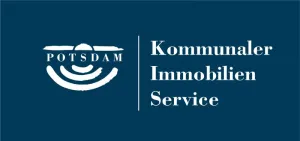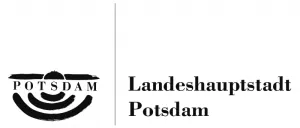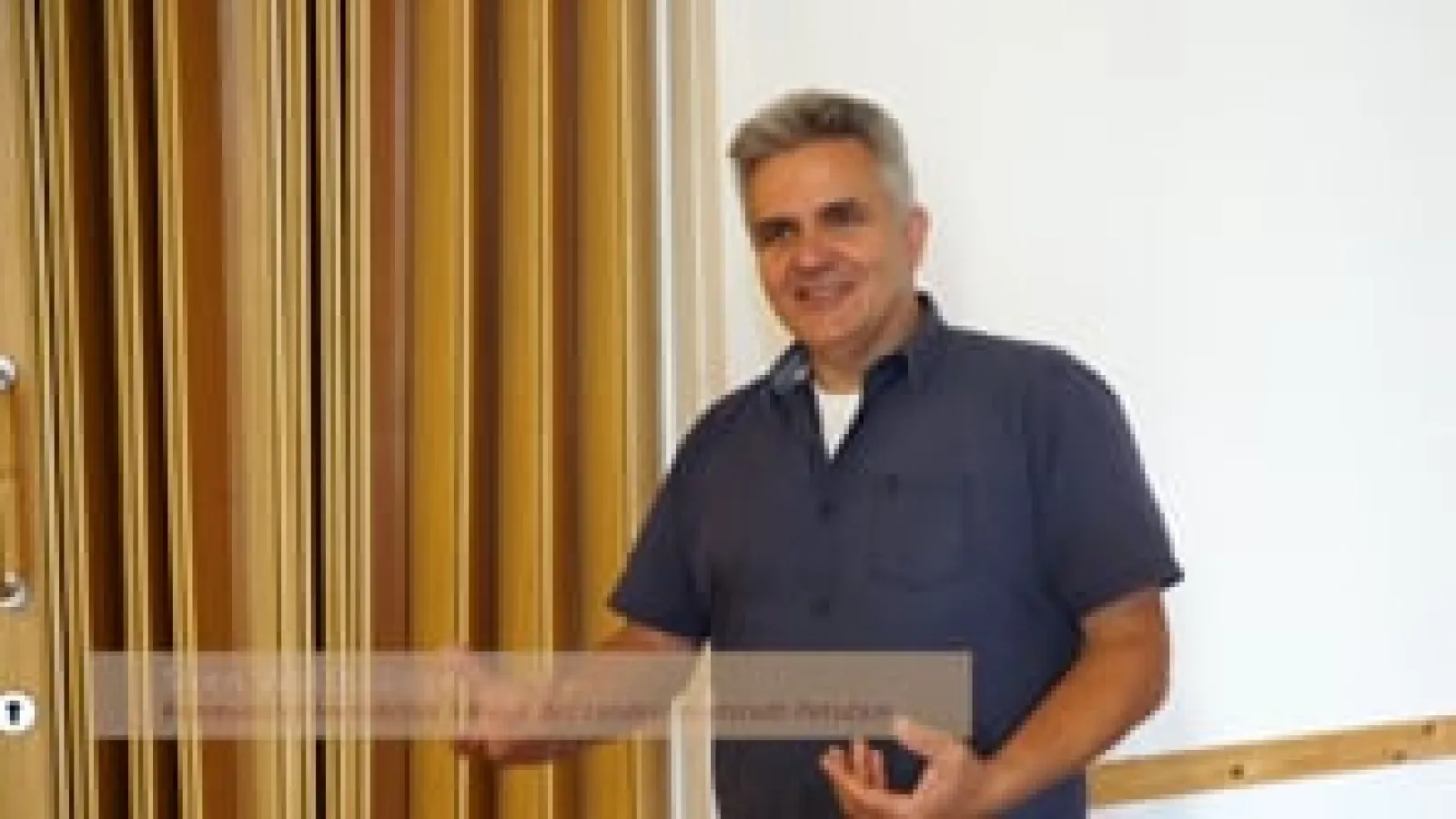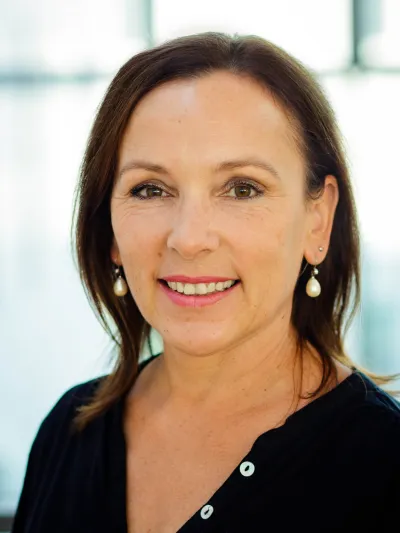Pedagogical Architecture – Participation in School Building Construction
How should learning and teaching be carried out in the future and what structural effects will result from this?
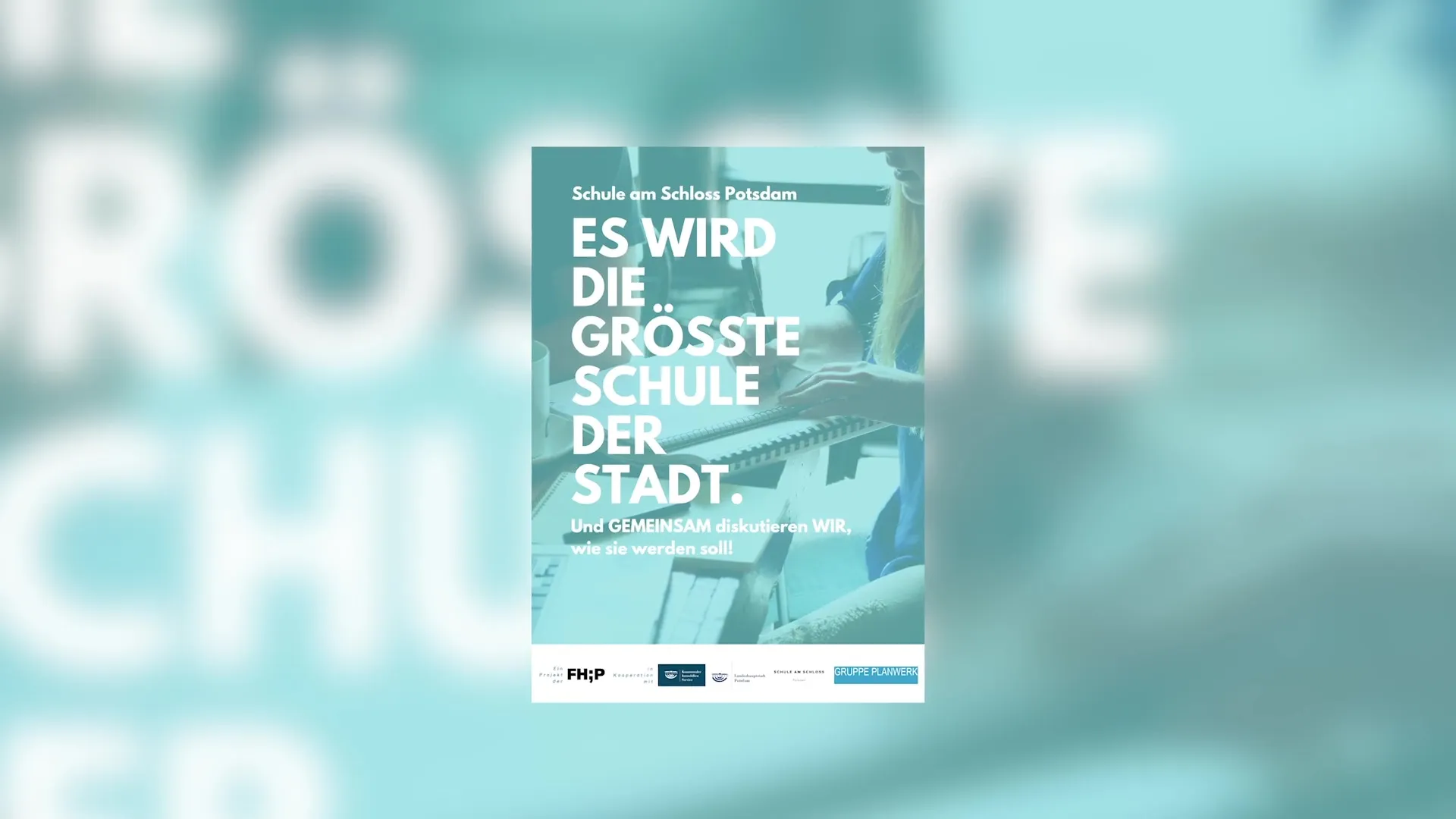
- KIS - Municipal Real Estate Service
Since 2005, Kommunaler Immobilien Service (KIS), the municipal real estate service of the state capital Potsdam, has ensured that the infrastructure of public facilities keeps pace with the dynamic development of the city of Potsdam. - State Capital Potsdam
The German school system is facing great challenges: Solutions for the current requirements are urgently sought. In this context, it is very important to include the children's and users' perspectives and to take them into account in the construction of new schools.
The aim of the project seminar was to develop a common vision for a new school building with the future users. How do children and teachers imagine structural and constructional solutions for the following topics?
-
Individualisation and community (sharing, co-working)
-
Digitisation
-
Degree of flexibility in use (age groups, public, diversity)
-
Climate protection and resource efficiency
The present project is an explorative project that is not based on verified scientific findings. We provided basic principles and methods to find new and innovative ways of involving users in new school buildings.
The practical implementation of the seminar was used to test and evaluate different ways of involving children and young people. In addition to the development of procedures, the wishes and inputs on the topics were qualitatively evaluated and transformed into theory-building insights. This resulted in a gain of knowledge for future measures. As a result of these findings, a participation guideline for children and young people in school construction projects was developed.
A central component of the seminar was the cooperation with the building owner Kommunaler Immobilien Service (KIS) and the state capital Potsdam. The students were given an up-to-date and practical insight into planning and decision-making processes and developed suitable participation formats within this process. These were developed in small groups, visualised in a suitable form and presented to the project participants in the city administration and the city community at the end of the semester.
Project Management
Prof. Dr. Gerlind Große, Dipl.-Ing. Jeannette Hanko and Marie-Ann Koch
Students
Vivienne Andreß, Lisa-Marie Abrendholz, Marie-Theres Ausmann, Jasemin Bahr, Nora-Joyce Brang, Vu Dinh Tu, Melinda Franke, Leon Große, Roula Ibrahim, Markus Klöppner, Srutee D. Mootia, Sarah Newen, Nikoleta Nikolova, Katja Saathoff, Nick Schaper, Yasmine Toubel, Yvonne Trenkel
